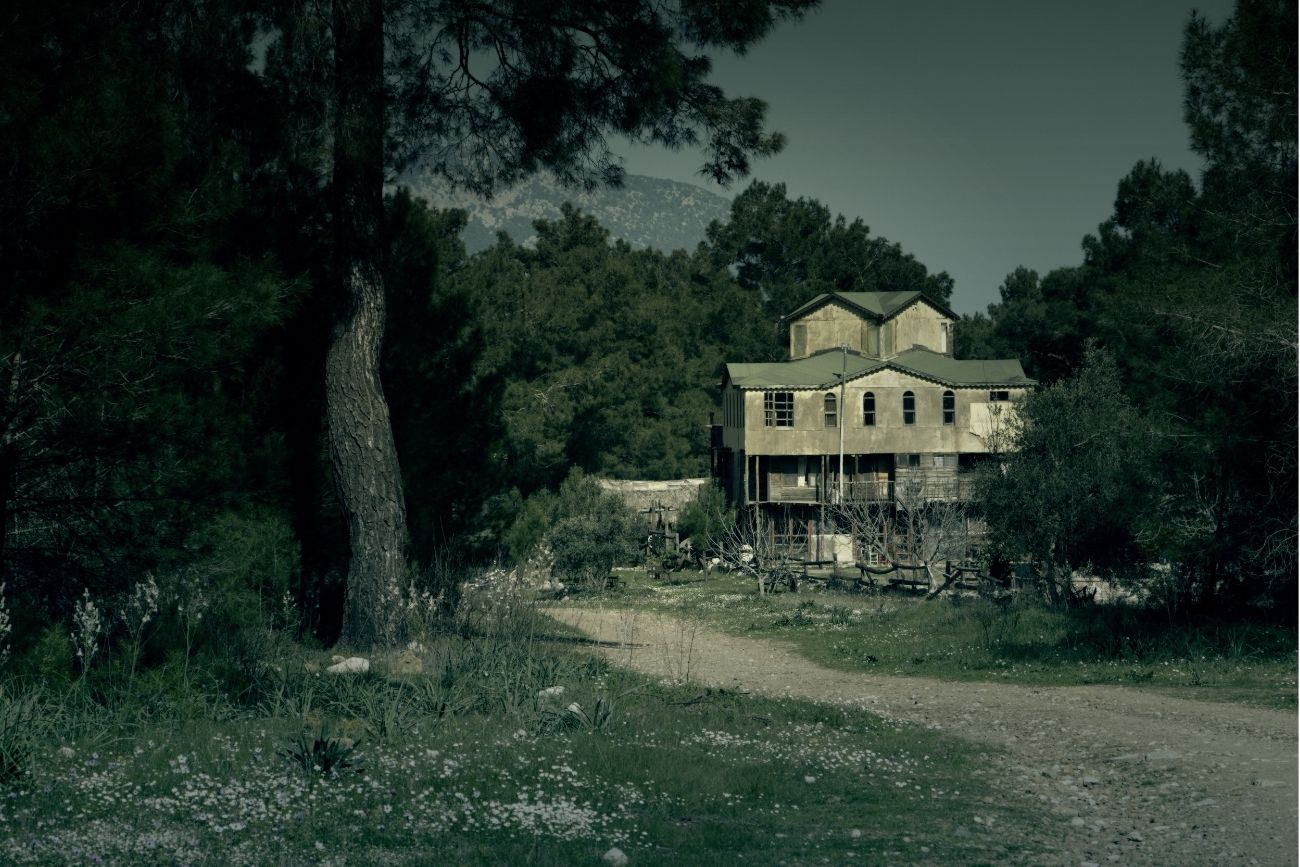
15 Common Colombian Expressions for Travelers
When visiting Colombia, knowing a few common Colombian expressions for travelers can make all the difference in your experience. These local phrases and idioms not only add flavor to Colombian Spanish, but they also help travelers connect with locals in a more authentic way. With this guide, you’ll quickly pick up on common Colombian expressions, making it easier to communicate and enjoy your trip.
Why Learning Local Colombian Phrases is Helpful
Language is a key component of culture, and Colombia’s unique expressions reflect its warmth, humor, and way of life. Learning these 15 essential Colombian expressions isn’t just about speaking the language – it’s about engaging with people on a deeper level. Knowing these expressions can help you build rapport, understand cultural cues, and avoid potential misunderstandings.
Greetings and Casual Colombian Expressions for Travelers
1. ¿Qué más?
One of the most common Colombian greetings, “¿Qué más?” translates to “What’s up?” or “How’s it going?” While it sounds like a question, it’s more of a greeting, and a short response like “bien” (good) or “todo bien” (all good) is enough.
Example:
- Local: ¿Qué más?
- Traveler: Bien, ¿y tú?
This greeting is widely used across Colombia, so responding with confidence shows locals that you’re in tune with their style of communication.
2. ¡Pilas!
In Colombian Spanish, “¡Pilas!” means “Watch out!” or “Heads up!” It’s often used as a friendly reminder to pay attention or be cautious, especially in busy urban areas. Colombians use it in various situations, so understanding it can be helpful.
Example:
- Friend: ¡Pilas! That street is tricky to cross at night.
Learning “¡Pilas!” is particularly useful for travelers, especially when locals give you tips for staying safe while exploring.
3. Chévere
This is one of the most versatile and popular Colombian expressions for travelers. “Chévere” means “cool” or “great,” and Colombians use it in response to almost anything positive.
Example:
- Local: That restaurant has amazing food!
- Traveler: ¡Chévere! Let’s go check it out.
Using “chévere” in your conversations is a fun way to express excitement, helping you sound more like a local.
Expressing Feelings with Common Colombian Expressions for Travelers
4. Jartera
The word “jartera” means annoyance or frustration. If something feels like a hassle or inconvenience, Colombians describe it as a “jartera.”
Example:
- Local: The line at the museum is so long – what a jartera!
- Traveler: Yeah, hopefully, it moves quickly.
Learning “jartera” gives you a way to connect with Colombians when things don’t go as planned.
5. Guayabo
“Guayabo” is the Colombian term for a hangover. It’s a lighthearted way of describing the aftereffects of a night out and is commonly used in social situations.
Example:
- Friend: I think I’ll take it easy today – I have guayabo from last night.
- Traveler: Sounds like it was a great night!
The term “guayabo” is essential for travelers who want to join locals in Colombia’s vibrant nightlife scene.
6. Estar en la olla
This expression means being in a difficult situation, usually financially or emotionally. Colombians use it to express hardship or frustration in a humorous way.
Example:
- Local: I’ve been spending too much this month; I’m en la olla.
- Traveler: I can relate – travel expenses add up!
Ready to dive into the language and culture of Colombia?

Everyday Colombian Expressions for Travelers on the Go
7. Hacer una vuelta
“Hacer una vuelta” means to run an errand or complete a task. Colombians use this phrase to describe anything from grocery shopping to paying bills.
Example:
- Friend: I have to hacer una vuelta before lunch.
- Traveler: I’ll come along – I need to buy a few things too.
Whether you’re planning to shop at a local market or exploring the city, knowing this expression can come in handy.
8. Camellar
“Camellar” is an everyday Colombian term for working. It’s more commonly used than “trabajar,” especially in casual conversations.
Example:
- Local: I have to camellar this weekend.
- Traveler: Hopefully, you get some time to relax!
Learning “camellar” gives travelers a better understanding of how Colombians refer to work, helping you connect on a personal level.
Friendly and Social Colombian Expressions for Travelers
9. Parcero/a
A popular way to refer to a friend, “parcero” (or “parce” for short) is common in informal conversations. It’s especially popular in cities like Medellín and can be a friendly way to greet locals.
Example:
- Friend: ¿Qué más, parcero?
- Traveler: Todo bien, parcero.
Using “parcero” or “parce” with locals can make your interactions feel friendlier and more authentic.
10. Dar papaya
The expression “dar papaya” translates to “giving papaya,” but it means putting oneself at unnecessary risk. In Colombia, not giving papaya is common advice, especially for travelers to exercise caution.
Example:
- Local: Keep an eye on your bag – don’t give papaya.
- Traveler: Thanks! I’ll be careful.
This phrase is invaluable for travelers looking to stay aware while enjoying Colombia’s cities and culture.

11. Lucas
“Lucas” is Colombian slang for money and refers to pesos. It’s a useful term to know when budgeting or shopping.
Example:
- Friend: It’s only ten lucas.
- Traveler: That’s a good price – let’s get it.
By using “lucas,” you can shop or negotiate with locals while sounding more familiar with Colombian money terms.
Conversational Colombian Expressions for Travelers
12. De una
A versatile phrase meaning “right away” or “I’m in!” Colombians use “de una” to show enthusiasm or readiness to do something.
Example:
- Friend: Want to try some Colombian food?
- Traveler: De una!
Whether it’s about plans or agreements, using “de una” makes your conversations more lively and engaging.
13. Sacar la piedra
This expression means “to get angry” or “to be annoyed.” It’s used in lighthearted or informal settings when something bothers you.
Example:
- Local: That noise really me saca la piedra.
- Traveler: Same here! Let’s move somewhere quieter.
Learning “sacar la piedra” gives you a relatable phrase for common annoyances.
14. Rumbear
In Colombia, “rumbear” means going out to party or dance. It’s essential for travelers exploring Colombian nightlife or planning a night out with locals.
Example:
- Friend: We’re going to rumbear this Saturday.
- Traveler: Sounds fun! Count me in.
This phrase is a must for enjoying Colombia’s famous nightlife scenes in cities like Bogotá and Medellín.
Final Colombian Expression for Travelers Seeking Calm
15. Tranquilo/a
In Colombia, “tranquilo” (for men) or “tranquila” (for women) means “take it easy” or “don’t worry.” It’s a friendly way of reassuring someone, especially useful in casual conversations.
Example:
- Local: I’ll help you find the right bus, tranquilo.
- Traveler: Thanks! That makes things easier.
The relaxed tone of “tranquilo” or “tranquila” reflects Colombia’s friendly atmosphere, making it an ideal phrase for travelers to adopt.
Expanding Your Vocabulary with Short Stories in Colombian Spanish
Mastering these 15 Colombian expressions for travelers opens doors to new cultural experiences and conversations in Colombia. Whether you’re greeting locals with a “¿Qué más?” or saying “¡Pilas!” when needed, each expression adds to the richness of your Colombian adventure.
If you’re ready to dive even deeper, the book Short Stories in Colombian Spanish can be an excellent next step. Each story incorporates these and other popular expressions, letting you experience real-life dialogues and see how Colombians use these phrases naturally. As you follow the stories, you’ll understand cultural nuances, improve your vocabulary, and feel more at ease in conversations.
Practical Tips for Learning
- Listen and Observe: Pay attention to how locals use these expressions in real-life contexts. Listening actively allows you to pick up intonations and learn the best situations to use each phrase.
- Practice with Native Speakers: Strike up conversations with Colombians whenever you can. Practicing with native speakers can help you feel more comfortable using new expressions and get tips on using them effectively.
- Take Notes: Write down expressions that you hear often and revisit them frequently. Creating a small vocabulary list can help reinforce these expressions in your memory.
- Read and Repeat: Reading stories like those in Short Stories in Colombian Spanish lets you see expressions in action. Repeat phrases aloud to get comfortable with pronunciation and sentence flow.
Learning common Colombian expressions is about more than mastering vocabulary. It’s about connecting deeply with a culture, sharing in local humor, and immersing yourself in a new way of speaking. So whether you’re greeting someone with “parcero” or responding with “de una,” these expressions will make your journey more engaging and memorable.
Ready to dive into the language and culture of Colombia?






